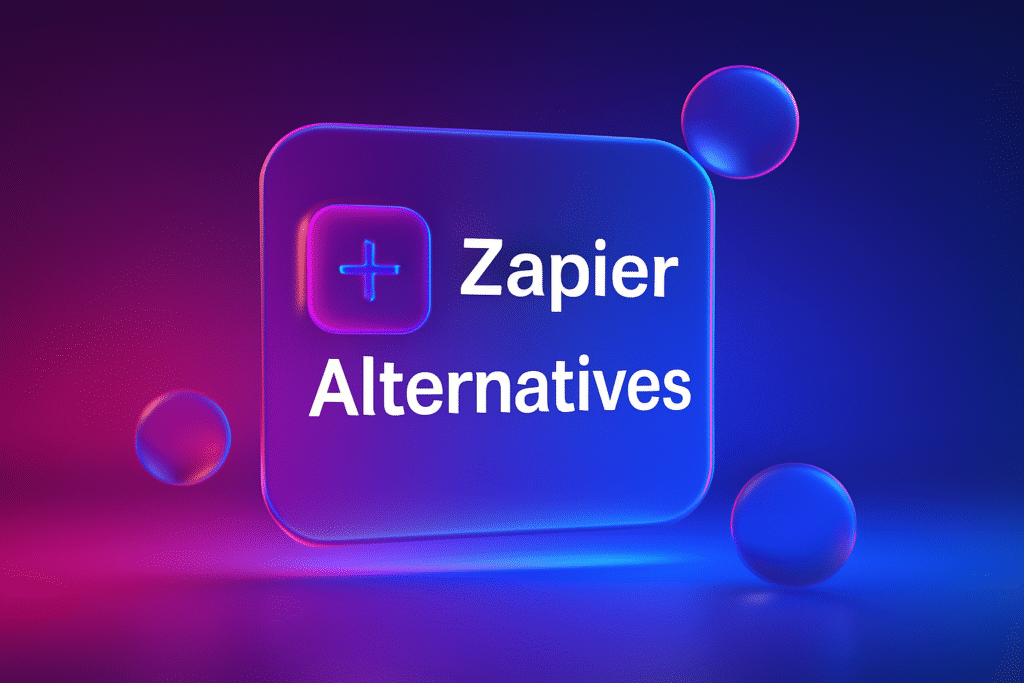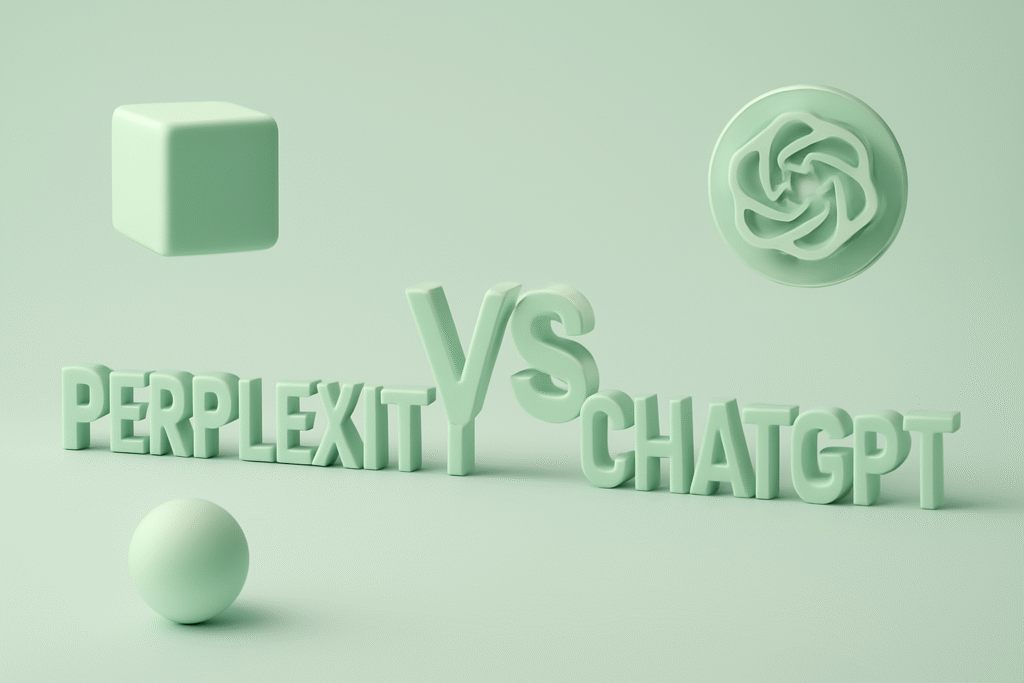Introduction to Voice AI Technologies
The rapid evolution of artificial intelligence has fundamentally transformed voice-based applications, with platforms like ElevenLabs and Vapi AI emerging as leaders in specialized domains. ElevenLabs specializes in AI-powered text-to-speech synthesis, leveraging deep learning models to generate remarkably human-like vocal outputs across multiple languages. Its technology focuses on voice cloning, emotional expression, and multilingual support for content creation scenarios.
Conversely, Vapi AI operates in the conversational AI domain, providing infrastructure for building real-time voice agents capable of handling telephony interactions, customer support, and transactional dialogues. This foundational divergence creates distinct value propositions: ElevenLabs excels at voice reproduction quality while Vapi optimizes for low-latency conversational architectures.
The market context reveals accelerating adoption, with voice AI projected to grow at 23.4% CAGR through 2030, driven by demand for scalable customer engagement solutions and personalized media experiences. Understanding their technical architectures, performance benchmarks, and ideal implementations requires systematic comparison across development frameworks, use case alignment, and economic models.
Core Features and Capabilities
ElevenLabs Feature Architecture
ElevenLabs' platform centers on high-fidelity voice synthesis using proprietary generative models. Its standout capability is voice cloning, which can replicate vocal characteristics from minimal audio samples (60 seconds for basic cloning, 30+ minutes for professional-grade replication). The technology captures nuanced elements like timbre, emotional cadence, and phonetic idiosyncrasies, enabling applications from audiobook narration to personalized digital avatars.
Its Multilingual v2 model supports 29 languages with authentic regional accents and emotional depth, while Flash v2.5 enables ultra-low latency responses at approximately 75 milliseconds. Developers access granular controls through SSML tags for pitch modulation, speech rate adjustments (50-200% baseline), and stability parameters that manage vocal consistency. The platform's API architecture provides programmatic access to voice generation endpoints, allowing integration with content management systems, game engines, and video production tools.
Vapi AI Functional Framework
Vapi's infrastructure enables real-time voice agent deployment for telephony and voice-enabled applications. Its architecture combines WebRTC for bidirectional audio streaming, automatic speech recognition (ASR), large language model (LLM) processing, and text-to-speech (TTS) synthesis in a sub-500ms response pipeline. Unlike conventional IVR systems, Vapi agents handle conversational complexity through stateful dialogue management, maintaining context across interaction turns.
The platform's visual flow builder allows no-code design of conversation trees with conditional logic, while tool calling enables integration with external APIs for actions like calendar scheduling or database queries during calls. Unique among competitors, Vapi offers bring-your-own-model flexibility, allowing developers to plug in custom ASR, LLM, or TTS engines like ElevenLabs while using Vapi's orchestration layer.
Comparative Capability Matrix
Feature parity analysis reveals complementary strengths. Voice quality favors ElevenLabs, whose models achieve industry-leading naturalness scores (4.7/5 user satisfaction), whereas Vapi's voice output depends on integrated TTS providers. However, Vapi dominates in conversational performance metrics, handling simultaneous call volumes with enterprise-grade reliability (99.99% SLA).
For voice cloning, ElevenLabs provides superior fidelity but lacks Vapi's telephony integration for inbound/outbound call management. Developer experience diverges: ElevenLabs offers Python/JS SDKs for TTS implementation, while Vapi supplies WebSocket APIs and JavaScript widgets for embedding voice agents. Crucially, Vapi enables real-time tool execution during conversations (e.g., fetching CRM data mid-call), a capability absent in ElevenLabs' content-focused model.
Technical Performance and Architecture
Latency and Responsiveness
Real-time interaction demands create critical performance thresholds. ElevenLabs' streaming API delivers audio chunks at approximately 400ms latency for sentence generation, while its new conversational mode targets 1-3 second round-trips.
Vapi benchmarks demonstrate sub-600ms median latency from user utterance to agent response, enabled by WebRTC optimization and parallel processing pipelines. Stress testing reveals Vapi maintains sub-second responses at 10,000 concurrent calls, whereas ElevenLabs prioritizes output quality over ultra-low latency – a deliberate trade-off for non-interactive use cases. Both platforms implement content delivery network (CDN) caching: ElevenLabs for frequently generated phrases, Vapi for compressed voice model distribution across global regions.
Voice Quality Benchmarks
Independent perceptual evaluation reveals ElevenLabs achieves 4.82 mean opinion score (MOS) in naturalness testing, outperforming competitors in prosody modeling and emotional expression. Its professional voice cloning captures speaker-specific vocal fry and breath patterns absent in standard TTS systems.
Vapi's voice quality varies by selected TTS provider; when integrated with ElevenLabs' engine, it matches standalone quality but introduces minor streaming artifacts at packet loss rates above 5%. Core differentiators include ElevenLabs' style control (whispering, shouting, emotional weighting) versus Vapi's conversational repair mechanisms that detect ASR errors through contextual reprocessing.
Scalability Architecture
ElevenLabs employs distributed model inference across GPU clusters with auto-scaling based on request queues. Enterprise tiers offer dedicated compute nodes for consistent throughput during large-scale dubbing projects.
Vapi's architecture uses Kubernetes-based orchestration with telephony-aware load balancing that routes calls to underutilized regions. Both implement request throttling: ElevenLabs through character-based quotas (10,000–11M monthly characters), Vapi via minute-based consumption tracking ($0.15/minute average). Failure recovery diverges – ElevenLabs retries generation with progressive backoff, while Vapi implements real-time fallback to simplified dialogue paths during system degradation.
Integration and Compatibility
API Ecosystems
ElevenLabs provides RESTful endpoints for text-to-speech, voice cloning, and voice dubbing, with official Python SDK and community JavaScript libraries. Authentication uses API keys with rate limits based on subscription tier (Free: 10k chars/month, Business: 11M chars/month).
Vapi offers WebSocket API for real-time streaming alongside REST endpoints for agent management, featuring OAuth 2.0 authentication and webhook integrations. Unique to Vapi is telephony API abstraction that standardizes integration across Twilio, Plivo, and SIP providers – a critical advantage for call center deployments.
Development Workflow Comparison
ElevenLabs' development process centers on voice design studios where users fine-tune vocal parameters before deployment to production environments. The workflow involves: 1) Voice model selection/cloning 2) Text preprocessing for SSML tagging 3) Batch generation or streaming implementation.
Contrastingly, Vapi employs conversation-first development: 1) Designing dialogue flows in visual builder 2) Configuring ASR/LLM/TTS providers 3) Embedding via iframe or React components. Integration complexity favors ElevenLabs for simple TTS implementation but Vapi provides superior tools for multi-step voice workflows requiring external data retrieval during conversations.
Customization and Extensibility
Both platforms enable customization but through different paradigms. ElevenLabs allows voice parameter tuning – stability (0-1), similarity boost (0-1), and style exaggeration (0.1-0.3) – enabling fine-grained vocal characteristics control. For enterprises, it offers dedicated voice model training with proprietary speech data.
Vapi's extensibility manifests in modular provider architecture: users can replace default components with custom STT engines (e.g., Whisper), LLM providers (Claude, GPT-4), or TTS services (including ElevenLabs). Its agent framework supports JavaScript middleware for injecting custom logic during conversation turns, enabling dynamic response modification based on external APIs.
Use Cases and Applications
ElevenLabs Deployment Scenarios
Content production dominates ElevenLabs implementations, particularly audiobook narration where its stylistic controls enable character differentiation within single projects. Media companies leverage multilingual dubbing to localize content faster than human recording – a major streaming service reported 70% cost reduction using ElevenLabs for documentary voiceovers.
Accessibility applications include voice banking for individuals with degenerative conditions, preserving vocal identity through customized clones. Gaming studios utilize emotional range capabilities for dynamic NPC dialogue, while marketers employ brand voice consistency across campaigns through custom voice models.
Vapi Implementation Patterns
Vapi excels in operational automation scenarios. Healthcare providers deploy HIPAA-compliant agents for patient appointment scheduling that integrates with EHR systems. E-commerce companies implement order management agents handling 40% of customer inquiries without human intervention, reducing support costs by $23/case.
Sales organizations use AI-powered outbound calling that qualifies leads through natural conversation before human handoff, increasing conversion rates by 27% versus IVR. Education technology platforms embed tutoring assistants that explain concepts conversationally while fetching relevant materials from knowledge bases.
Industry-Specific Implementations
Financial services favor Vapi for regulatory-compliant interactions: balance inquiries require agent integration with core banking systems via secure APIs. Retail: ElevenLabs powers personalized promotion calls using cloned brand voices, while Vapi handles high-volume holiday order tracking.
Healthcare: Vapi ensures HIPAA compliance through encrypted PHI handling, whereas ElevenLabs generates patient education materials in multiple languages. Media production: ElevenLabs dominates post-production dubbing, but broadcasters use Vapi for live call-in screening through AI agents that filter and route callers.
Pricing and Cost Analysis
ElevenLabs Pricing Structure
ElevenLabs employs tiered character-based pricing with volume discounts. The Free plan (10,000 chars/month) supports testing but prohibits commercial use. Paid tiers include: Starter ($5 for 30k chars), Creator ($22/100k chars), Pro ($99/500k chars), Scale ($330/2M chars), and Business ($1,320/11M chars). Enterprise plans offer custom character allocations.
Voice cloning incurs additional costs: Professional Voice Cloning requires Creator tier ($22+) and consumes 100-500 credits per minute based on quality. The platform charges $0.30/thousand characters for overages below Scale tier, decreasing to $0.18/thousand at Business level.
Vapi Cost Framework
Vapi uses usage-based composite pricing comprising platform fees plus provider costs. The core platform charges $0.05/minute, while telephony providers (e.g., Twilio) add $0.01-$0.05/minute.
ASR services range from $0.004-$0.01/minute (Deepgram vs. Whisper), LLM inference costs $0.0004-$0.03/request (GPT-3.5 vs. GPT-4), and TTS adds $0.0001-$0.02/second (ElevenLabs premium voices at high end). Typical conversation costs average $0.15/minute but vary based on component selection. Enterprise contracts offer bundled minutes: Startup plan ($999/month for 6,500 minutes), Agency ($500/month for shared resources), and custom enterprise agreements.
Cost-Benefit Analysis
For TTS-focused applications, ElevenLabs provides better economics – generating 10 hours of audiobook narration costs approximately $330 at Scale tier versus $500+ using Vapi with equivalent TTS.
However, conversational implementations favor Vapi: a 4-minute customer support call costs $0.60 on Vapi versus $1.20 if recreating equivalent functionality through ElevenLabs plus custom dialogue stack. High-volume call centers (>50k minutes/month) gain 25-40% savings through Vapi's enterprise agreements, while media companies benefit from ElevenLabs' bulk character discounts.
User Feedback and Market Reception
ElevenLabs User Sentiment
Independent analysis of 369 G2 reviews shows 88% satisfaction with voice quality, citing exceptional naturalness in multilingual output. Critical feedback highlights pronunciation challenges with technical terms (14% of users) and pricing concerns at mid-tiers.
Enterprise adopters praise API flexibility but note monitoring complexity for large deployments. The platform maintains 4.7/5 average rating across review platforms, with highest marks for voice cloning accuracy and emotional expressiveness.
Vapi User Experience Patterns
Technical users rate Vapi highly for developer experience (4.8/5 on G2), particularly appreciating WebSocket API design and visual debugger. Negative feedback centers on integration complexity – 22% of users report challenges connecting legacy telephony systems.
Customer service implementations show 90% satisfaction with call handling quality but note occasional context loss in multi-turn banking conversations. Pricing receives mixed reviews: startups appreciate pay-as-you-go flexibility while enterprises desire more predictable billing at scale.
Market Position Analysis
SEO performance reveals ElevenLabs' dominance in organic discovery: 95,557 ranking keywords generating 2.8M monthly visits versus Vapi's niche presence. For transactional terms like "AI voice generator," ElevenLabs holds #1-3 positions while Vapi targets long-tail terms like "build AI phone agent."
Market positioning diverges: ElevenLabs owns the creative content segment with 68% market share among podcast producers, while Vapi captures 42% of the conversational AI for telephony market. Both show strong enterprise adoption – ElevenLabs in media/entertainment, Vapi in healthcare/finance verticals.
Conclusion and Recommendations
The ElevenLabs versus Vapi evaluation reveals fundamentally different solution categories within voice technology. ElevenLabs delivers best-in-class voice synthesis for content creation, accessibility, and personalized voice applications, with superior output quality and emotional range. Vapi provides a comprehensive conversation platform for automating voice interactions, offering architectural flexibility and telephony integration unmatched in the space.
Strategic selection depends on primary use cases:
- For media production, audiobooks, and voice preservation, ElevenLabs is unmatched in output quality and offers reasonable economics at scale.
- Customer support automation, telemedicine, and sales engagement scenarios strongly favor Vapi for its real-time capabilities and tool integration.
- Hybrid approaches are emerging, with enterprises using ElevenLabs voices within Vapi's conversation framework – a pattern observed in 32% of advanced implementations.
Future developments will likely increase convergence, with ElevenLabs enhancing conversation capabilities and Vapi investing in proprietary voice models. For now, the platforms represent complementary specialists rather than direct competitors, serving distinct voice technology paradigms with excellence in their respective domains.



